If we’re being honest, most of us walk around mildly dehydrated and don’t even know it. We guzzle down coffee like it’s a personality trait, sip soda like it’s water (spoiler: it’s not), and maybe, maybe, chug a glass of H2O when we remember to adult properly.
But here’s the thing: your body is basically one big water balloon with a brain. It needs water to do everything — from thinking straight to keeping your skin glowing like a dewy goddess.
When you’re not drinking enough, your body doesn’t just sit quietly and wait. Oh no. It starts sending out warning flares — and some of them are sneakier than you’d think.
That sluggish feeling that hits you mid-afternoon? Might not be the weather. That sudden craving for snacks even though you just ate lunch? Yeah, that could be your body screaming, “Water, please!”
So if your water bottle is more of a desk decoration than an actual hydration tool, this list is for you. Here are 10 surprisingly real things that happen to your body when you’re skimping on the sips.
1. You Feel Tired and Sluggish
When you’re dehydrated, your blood volume drops, which means your heart has to work harder to pump oxygen and nutrients through your body. That extra effort can make you feel like you’re dragging your feet, even if you slept like a baby.
Simply put, without enough water, your body’s efficiency plummets, leaving you feeling drained and lethargic. It’s like trying to run a marathon with a backpack full of bricks.
To combat this, make a habit of sipping water throughout the day. Small changes, like carrying a reusable bottle, can make a big difference in keeping your energy levels up.
2. Your Pee Turns Dark Yellow
Your urine is one of the easiest ways to tell if you’re hydrated. If it’s looking more like apple juice than lemonade, your body’s trying to conserve water — a clear sign you need to grab a glass.
Dark yellow urine is your body’s SOS signal, telling you to replenish your fluids. Ignoring this can lead to more serious dehydration issues.
Keeping an eye on the color of your urine can be a helpful habit. Aim for a pale straw color to ensure you’re drinking enough throughout the day.
3. You Get Headaches
Water helps keep your brain cushioned and functioning properly. Without enough, your brain can actually shrink a bit from fluid loss, triggering those nagging dehydration headaches.
These headaches can sneak up on you, especially after a day of forgetting to drink water. They can be persistent and annoying, affecting your concentration.
To avoid these brain-busters, keep yourself hydrated regularly. Drinking water at regular intervals can prevent these headaches and improve your overall well-being.
4. Your Skin Looks Dull and Dry
Forget expensive moisturizers — water is a free glow-up. Without it, your skin can start looking flaky, dry, and tired. Hydrated skin = happy skin.
When dehydrated, your skin becomes less elastic and more prone to wrinkles and fine lines. It loses its natural plumpness and sheen.
Keeping a water bottle handy and drinking regularly can drastically improve your skin’s appearance, keeping it vibrant and youthful.
5. You Feel Hungry (Even When You’re Not)
Sometimes, your brain confuses thirst for hunger. That random urge to snack at 3 p.m.? It might just be your body begging for water, not chips.
This mix-up can lead to unnecessary calorie intake and weight gain. Drinking a glass of water before eating can help you understand whether you’re truly hungry.
Next time you feel a snack attack, try drinking some water first. It could save you from adding extra inches to your waistline.
6. Your Joints Ache More
Water keeps the cartilage around your joints cushioned and lubricated. Without enough hydration, your movements can feel more creaky and painful — kind of like a rusty door hinge.
Dehydration leads to less fluid in the joints, making them more susceptible to wear and tear. This can exacerbate arthritis and other joint issues.
Staying hydrated helps maintain joint health. Carry a bottle while exercising to keep those joints in top shape.
7. You’re More Likely to Get Constipated
Water helps keep things moving smoothly through your digestive tract. Without it, things can… well, slow down — and nobody wants to deal with that kind of traffic jam.
Dehydration makes your stool harder and more difficult to pass, leading to constipation. This can cause bloating and discomfort.
To avoid this unpleasant issue, drink plenty of water daily. It will make a night-and-day difference in your digestive health.
8. You Struggle to Focus
Your brain is made up of about 75% water, so it makes sense that dehydration can mess with your focus, memory, and mental clarity. Feeling foggy? Might be time for a refill.
Lack of concentration can impact your productivity and performance in school or work. Sipping water regularly can help sharpen your mind.
To keep your brain in top gear, make hydration a priority throughout your day.
9. Your Breath Smells Funky
Less saliva means a drier mouth — and a drier mouth means more bacteria buildup, which can lead to bad breath. Water helps keep things clean and fresh in there.
Halitosis, or bad breath, is often a silent warning sign of dehydration. Drinking water stimulates saliva production and washes away food particles and bacteria.
Keep your breath fresh by sipping water consistently. It’s a simple yet effective solution to an embarrassing problem.
10. You Get Dizzy or Lightheaded
Without enough fluid in your system, your blood pressure can drop, making you feel a little woozy when you stand up too fast or after being in the sun for too long.
This sensation can be unsettling and potentially dangerous if it leads to fainting. It’s often accompanied by a rapid heartbeat and weakness.
Combat these dizzy spells by ensuring you’re properly hydrated, especially in hot weather or after physical activity.

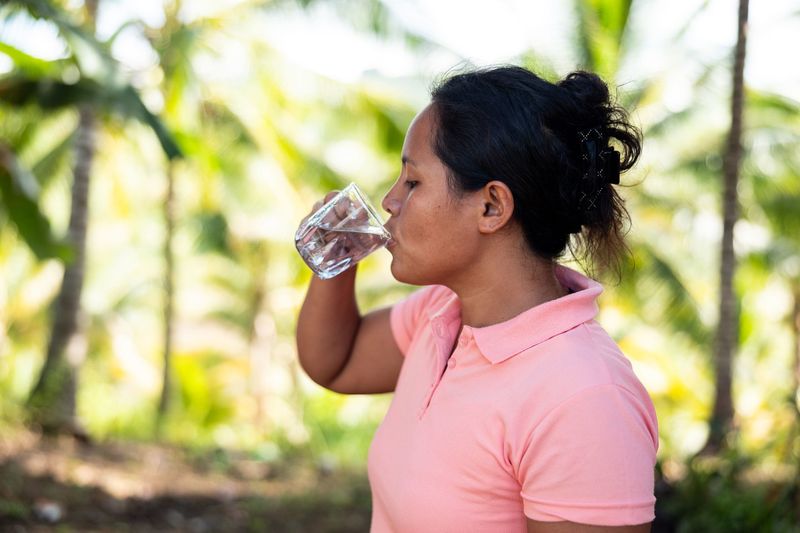
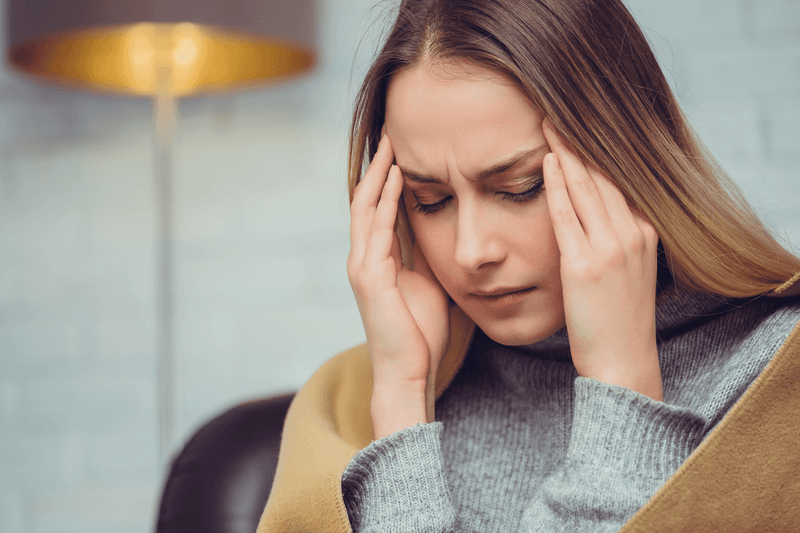
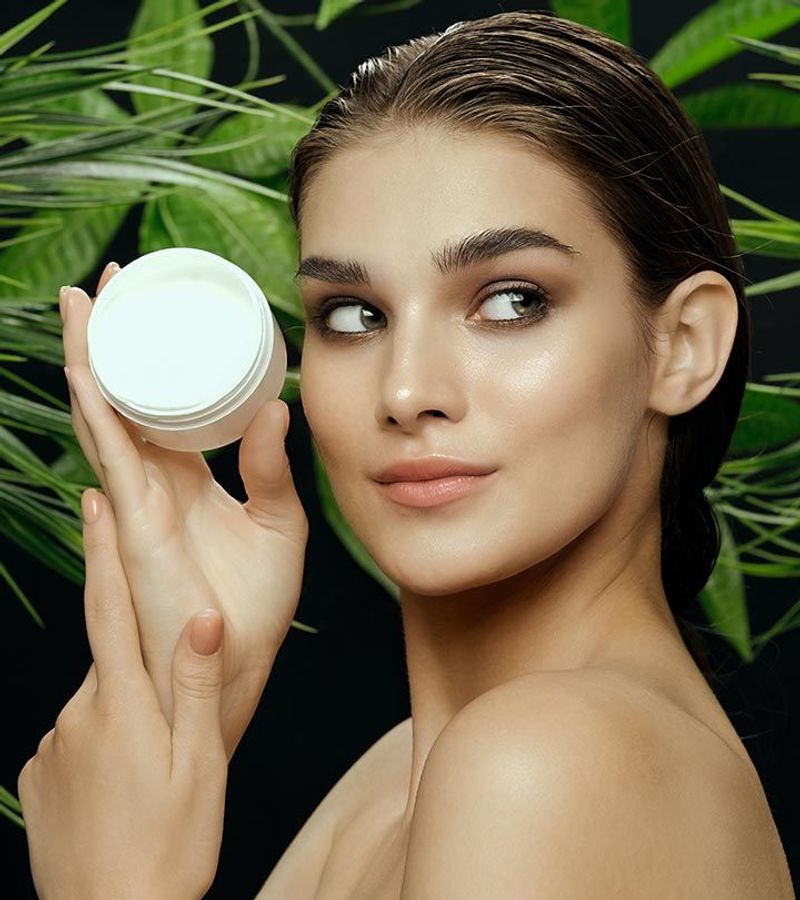

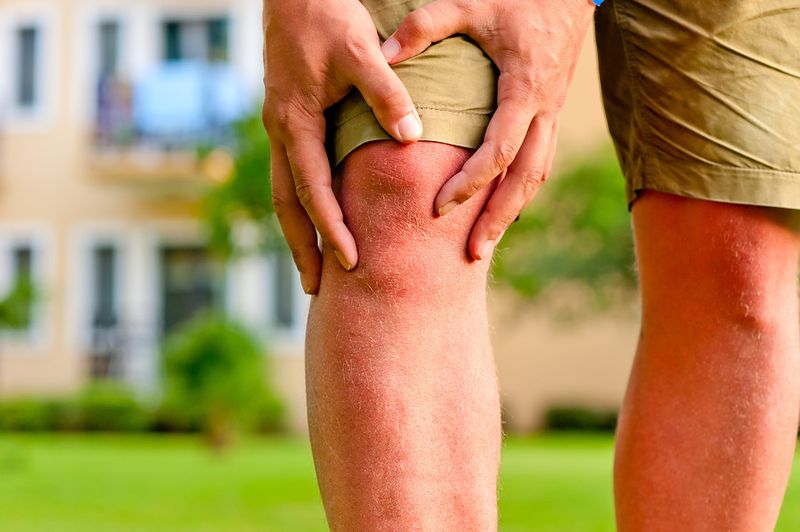
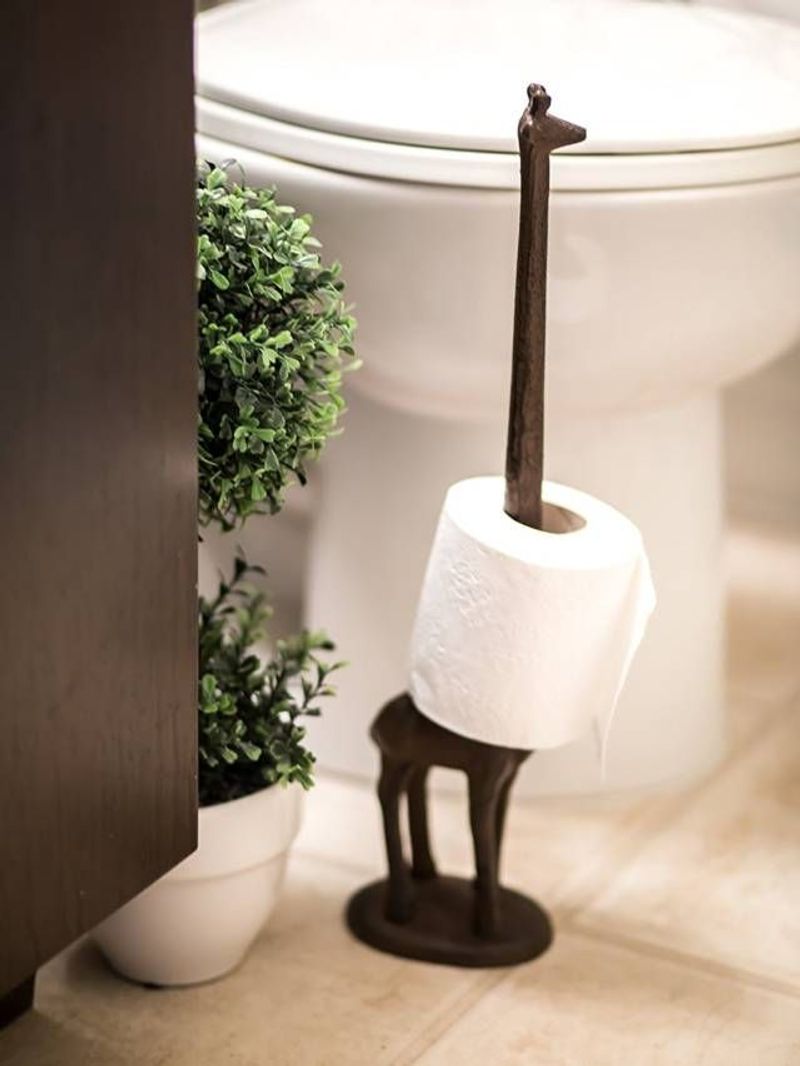


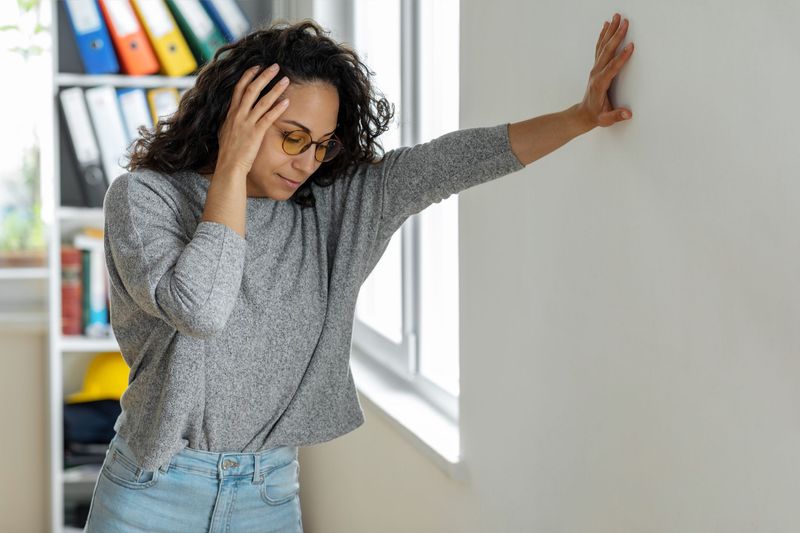
Leave a comment